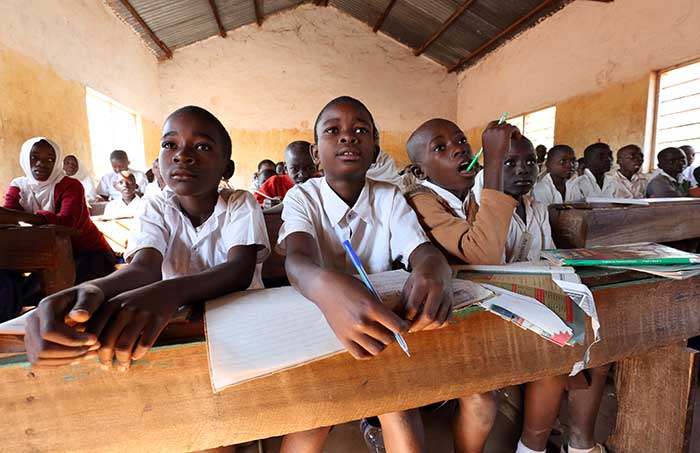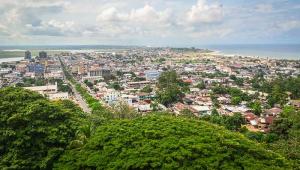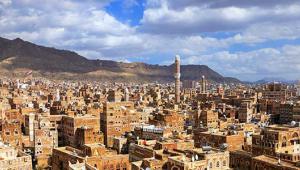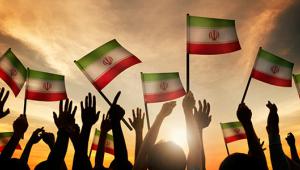web_schoolafrica_shutterstock_315777626.jpg

Children in school
Kinshore Singh, the UN’s special rapporteur on education, added his voice to mounting criticism of the planned public-private partnership, which will see primary education in the west African country managed by a private, for-profit firm – a move Singh described as an “attack” on public schools and teachers.
In January, UNICED, a coalition of Liberian civil society organisations including the National Teachers Association of Liberia, slammed the plans in letters to a number of high-profile people and organisations, including Liberian president Ellen Johnson Sirleaf.
In his critical statement last week, Singh said that Liberia was on the brink of committing a “gross violation” of its education obligations and its commitment to Sustainable Development Goal number four, related to education.
“This is unprecedented at the scale currently being proposed,” he said. “Provision of public education of good quality is a core function of the state, and abandoning this to the commercial benefit of a private company constitutes a gross violation of the right to education.”
He continued to say it is “ironic” that Liberia seems unable to collect the resources to meet its core obligations to provide a free primary education to ever child, but can find huge sums of money to subcontract a private company to do so on its behalf.
The PPP, which will see the government contract out all primary schools within five years, will reportedly cost the government £65m in total.
One of the companies involved in the deal is Bridge International Academies, which will operate around 50 public schools in Liberia, with around 20,000 children, as part of a pilot programme in the 2016-17 school year. The company has schools in Kenya, Uganda and Nigeria, charging $6 per student per month. Its schools have come under fire for hidden costs and poor standards and teaching methods.
In 2014 the company received $10m of funding from the World Bank’s investment arm, the International Finance Corporation.
Over 100 organisations later signed or supported a statement critical of the privatisation of education in Kenya and Uganda. This slammed Bridge International specifically and condemned the World Bank for financing its operations.
These concerns have been echoed by UNICED. It claimed Bridge International’s teachers deliver scripted lessons, crafted by the company, and provided to teachers on tablets.
A Bridge International spokeswoman said the school's model uses technology to streamline administrative processes, saving on time and costs, and to empower teachers to deliver "throughly prepared lessons", which in this case will be based on the Liberian curriculum.
In its eight years working in Kenya, Uganda and Nigeria "Bridge has been a proactive and successful partner to parents and governments, delivering statistically significant learning gains for pupils", she added. In Kenya, she said Bridge primary school pupils demonstrated a 22% higher pass rate in national exit exams in 2015.
But Singh argues Liberia’s money would be better invested in improving the existing system of public education and supporting the educational needs of the poor and marginalised.
In addition, he said Liberia should approach the UN for technical assistance and capacity building before entering into partnerships with for-profit providers that are “devoid of any legal or moral justification”.
Safeguards and oversight also need to be established before the partnership begins, he added.
According to a report on Front Page Africa Online, Liberia’s education minister George Werner has responded by saying he is adapting models seen elsewhere in the world, including the UK, US, South Africa and Kenya.
“The project is called Partnership Schools for Liberia. The Ministry of Education will contract operators from within and outside Liberia to run public primary schools,” he is reported to have said.
“The schools will remain within the public sector, owned financed, regulated and quality-assured by the government, with support from external donors. Together we will bring new ideas, new capacity, new systems and new expertise to a system that is struggling to deliver.”
He added that the partnership will not privatise schools and that education in Liberia will remain non-selective and free, funded by the government and donors and schools will be held accountable for the results they deliver.
Bridge International's spokeswoman agreed there had been a lot of misunderstanding around the project, where the "only aim is to drastically improve the quality of free public education offered to Liberian children".
"Bridge is honoured to participate as one of the partners for the public school pilot, alongside other Liberian organisations, to work with the people of Liberia to achieve Sustainable Development Goal four of ensuring inclusive and quality education for all."













